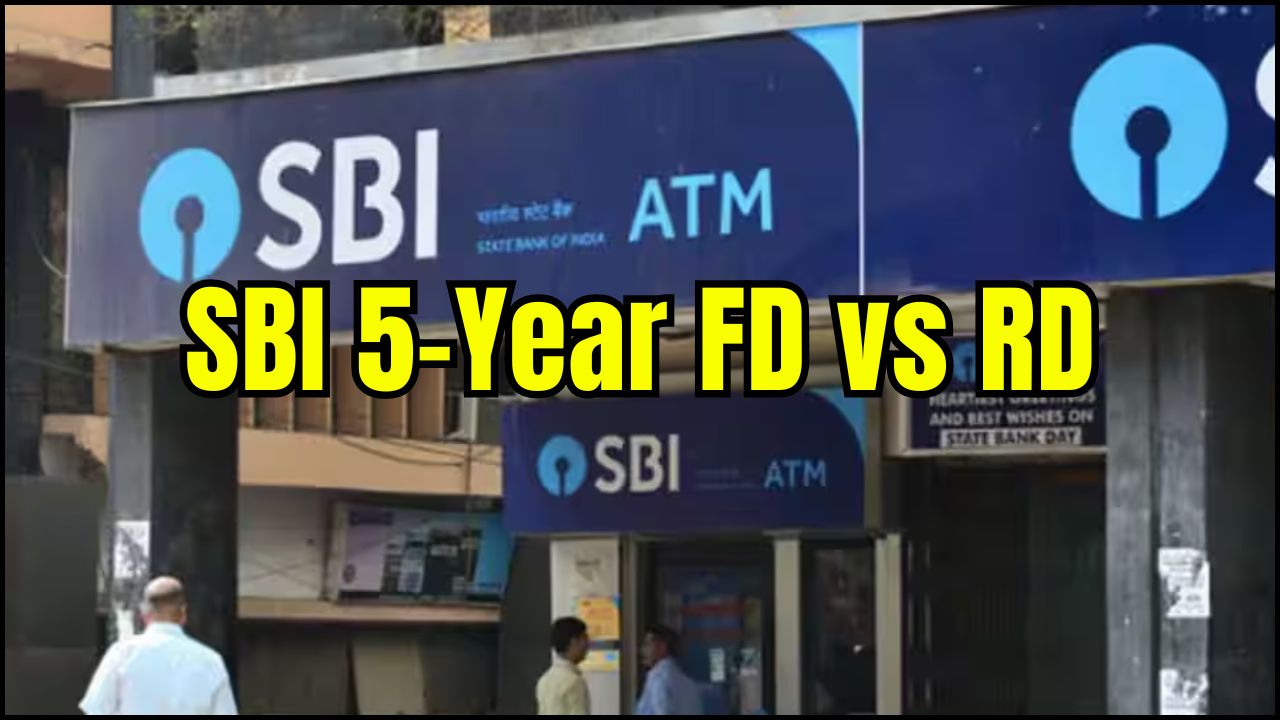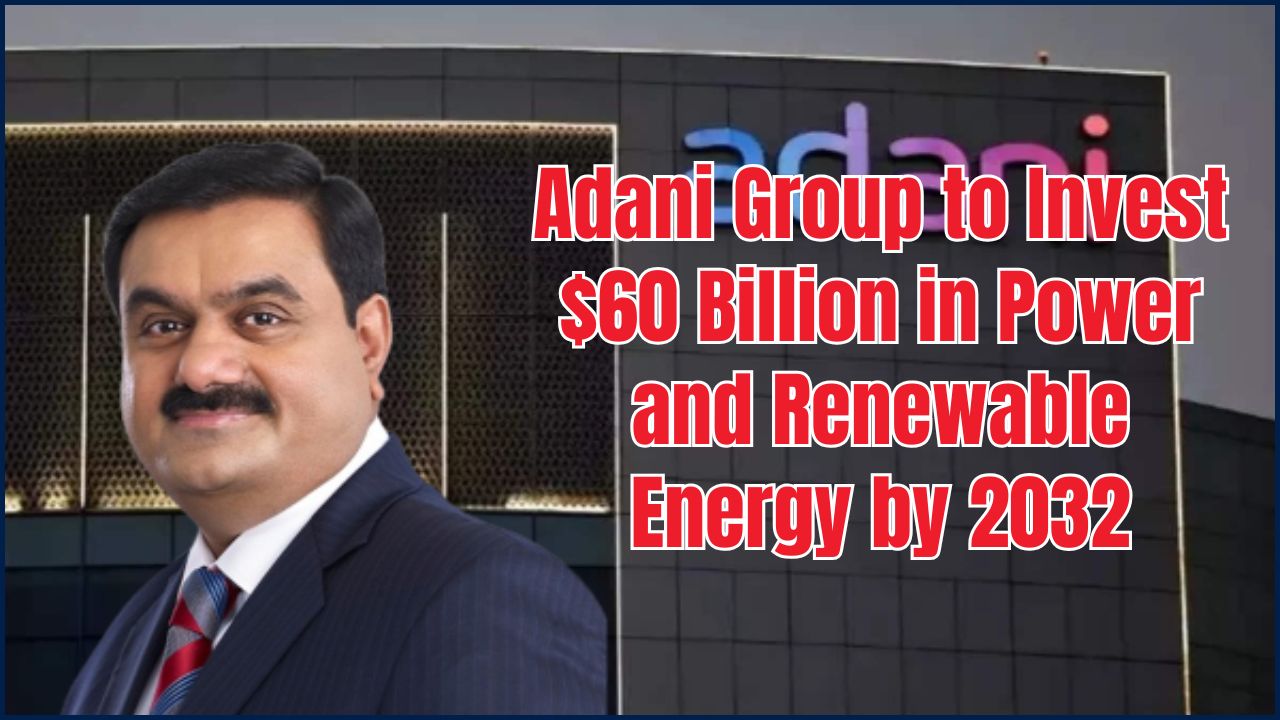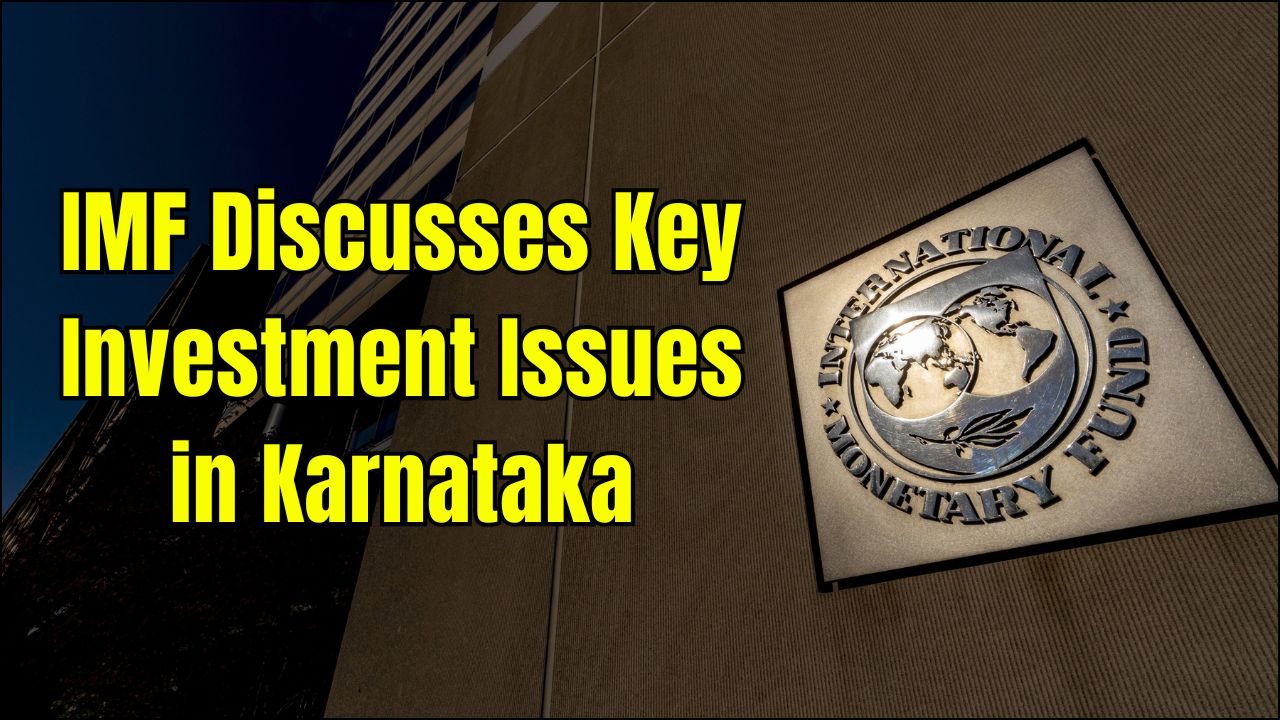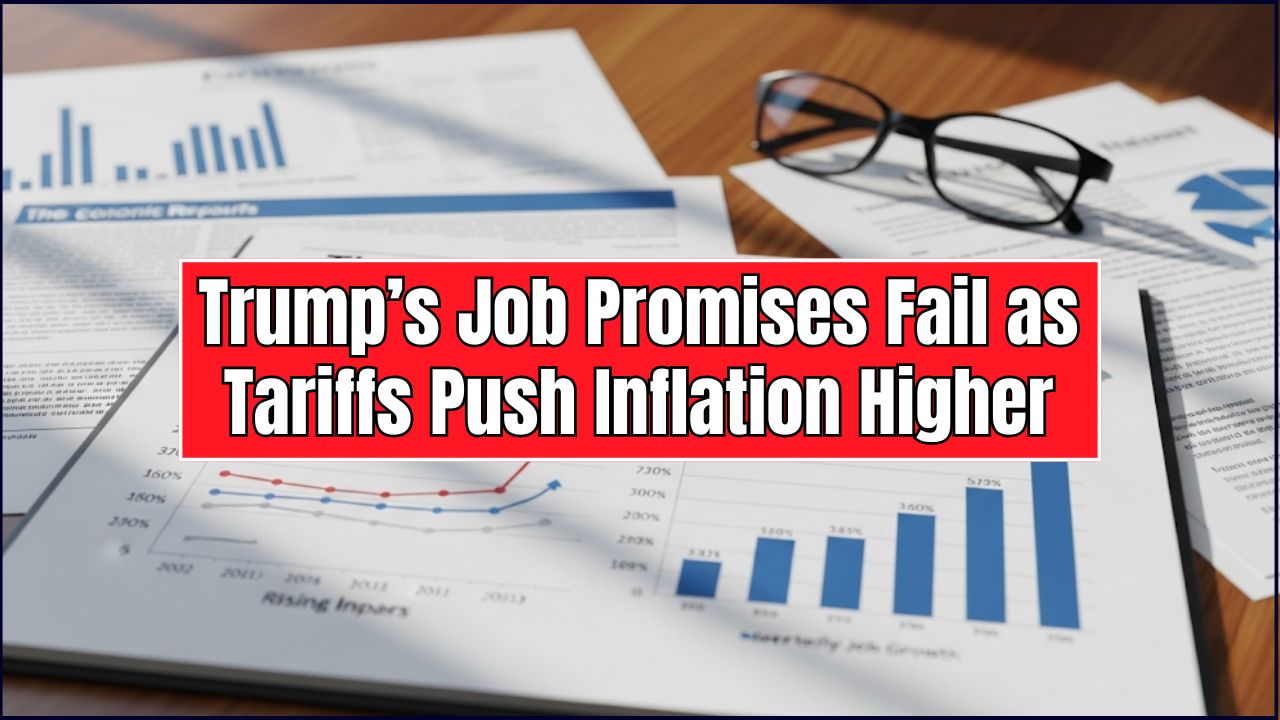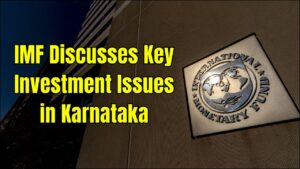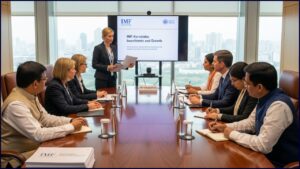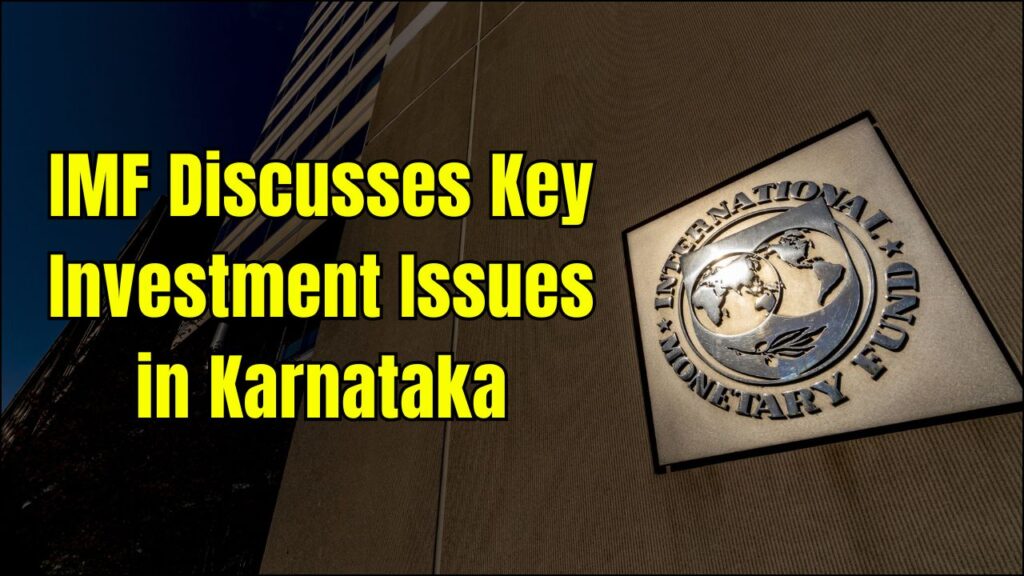
A visiting delegation from the International Monetary Fund (IMF) held formal consultations with Karnataka government officials on 6 September 2025 in Bengaluru to assess the state’s investment climate, fiscal resilience, and development challenges. The dialogue, centred around the Karnataka, formed part of the IMF’s broader Article IV consultation process and included reviews of structural reforms and climate-oriented economic planning.
IMF’s State-Level Consultation Framework
The engagement between the IMF and Karnataka marked a significant subnational interaction within the IMF’s global Article IV surveillance framework. While typically focused on national economies, the Fund has increasingly sought to evaluate and support economic governance at the state level in large federal systems like India.
According to the Government of Karnataka, the IMF team was led by senior officials from Washington, D.C., who met with Chief Secretary Shalini Rajneesh and Additional Chief Secretary Uma Mahadevan. The dialogue reflected the growing complexity and influence of India’s states in macroeconomic management, particularly those like Karnataka that drive major shares of the country’s foreign direct investment (FDI), manufacturing output, and technology exports.
“We discussed fiscal sustainability, investment implementation, and human capital development,” said a Karnataka government official familiar with the meeting. “The state aims to align with global best practices in public finance and sectoral reforms.”
Investment Execution, Fiscal Stability, and Climate Commitments
Karnataka’s Investment Agenda and Delivery Gaps
A core theme in the consultation was Karnataka’s efforts to convert investment commitments into operational projects, particularly following the Invest Karnataka Global Investors Meet 2025, which generated pledges worth over ₹10.27 lakh crore (US$118 billion).
Despite high-profile announcements, official data reviewed during the meeting revealed that only 31.1% of approved investments between 2018 and 2023 had been effectively implemented. This KW2—the persistent gap between investment intent and execution—was identified as a structural concern needing immediate policy and procedural reforms.
“Karnataka must improve project conversion rates,” said Dr. R. Nagaraj, economist and former professor at the Indira Gandhi Institute of Development Research (IGIDR). “While the announcements generate optimism, the real challenge lies in cutting bureaucratic delays and enabling land access.”
Fiscal Management in a High-Growth State
IMF officials also assessed the state’s fiscal architecture, commending Karnataka for its low debt-to-GDP ratio compared to other Indian states. However, they raised concerns regarding contingent liabilities from large infrastructure commitments and potential risks from rapid expansion in public investment.
Karnataka’s adherence to the Fiscal Responsibility and Budget Management (FRBM) norms, combined with stable revenue mobilisation through its robust services sector, has provided the state with room for capital spending. Nevertheless, the IMF recommended further steps to enhance transparency, strengthen public financial management systems, and reduce off-budget borrowings.
Human Capital and Green Economy: Future-Facing Reforms
Skilling and Labour Market Alignment
The IMF highlighted human capital development as a critical enabler of sustained growth. Karnataka’s youth unemployment and underemployment figures, especially among diploma holders, were noted as potential barriers to inclusive development. The state has initiated schemes such as the Karnataka Skill Connect Portal, but implementation gaps persist in aligning curriculum with industry demand.
“Investment is only as good as the people behind it,” said Anupam Srivastava, senior fellow at the Centre for Policy Research. “Karnataka needs to pair infrastructure with social sector improvements to maximise returns.”
Climate Action as Investment Catalyst
The IMF delegation welcomed Karnataka’s growing focus on climate-aligned investments, particularly its push in renewables, electric mobility, and green hydrogen. According to the state’s own figures, over 40% of investment pledges at the 2025 summit were in KW3 sectors, especially clean energy and sustainable manufacturing.
However, key projects remain delayed due to policy uncertainty and inter-departmental coordination issues, especially in emerging areas like KW4—green hydrogen and battery recycling.
Policy Recommendations and Outlook
The IMF did not release a standalone report on Karnataka but is expected to incorporate the findings into its national Article IV consultation report for India, scheduled for late 2025. The IMF has consistently rated India’s medium-term prospects as strong, with a projected real GDP growth of 6.5% for 2025–26, contingent on reforms at both Union and state levels.
Karnataka, as one of the top-ranked states in terms of Ease of Doing Business, is seen as a bellwether for subnational investment policy. The state is likely to refine its industrial policy (2025–2030) based on insights from this consultation, especially regarding project delivery mechanisms, skilling partnerships, and climate integration.
Mutual Fund Investors Alert: Tax Rules That Can Make or Break Your Returns
Conclusion: A Model for State-Level Economic Engagement
The IMF’s discussions with Karnataka highlight a significant evolution in India’s economic governance—wherein global institutions are engaging directly with state actors to address systemic investment challenges. The dialogue underscored Karnataka’s ambition to remain a leading investment destination, while acknowledging execution hurdles and the need for institutional strengthening.
If implemented effectively, the insights from this consultation could help Karnataka set a national benchmark for linking investment commitments with outcomes, while balancing fiscal prudence and climate goals in its growth trajectory.

